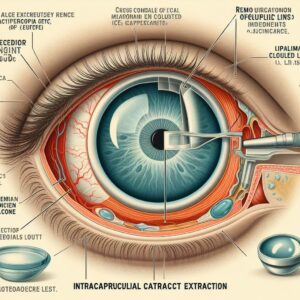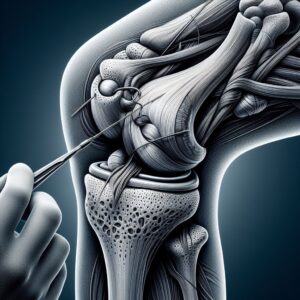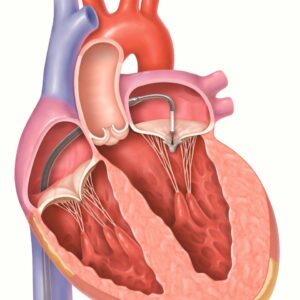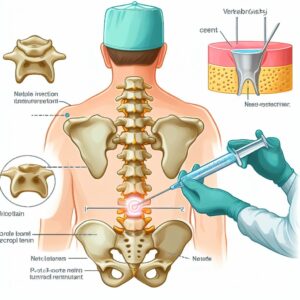Pediatric Oncology
Pediatric oncology focuses on diagnosing and treating cancers in children from infancy to adolescence. It’s a specialized field because childhood cancers often differ from adult cancers and require unique treatment approaches.
Treatment:
Treatment plans are highly individualized and tailored to the specific type and stage of the child’s cancer. Here are the main approaches:
- Surgery: This remains a cornerstone of treatment, aiming to remove the entire tumor or as much of it as possible while preserving healthy tissue. Minimally invasive techniques are preferred whenever feasible.
- Chemotherapy: Powerful drugs are used to kill cancer cells throughout the body. Can be administered intravenously, orally, or intrathecally (into the spinal canal).
- Radiation therapy: Uses high-energy X-rays to target and destroy cancer cells. Special techniques are used to minimize radiation exposure to healthy tissues.
- Stem cell transplantation: A specialized procedure where healthy stem cells are infused into the child’s body to help rebuild their immune system after high-dose chemotherapy or radiation.
- Targeted therapy: Newer medications that target specific molecular pathways involved in cancer growth.
- Immunotherapy: Helps the child’s immune system recognize and fight cancer cells.
Procedures:
Specific procedures depend on the type and location of the cancer. Here are some examples:
- Tumor resection: Surgical removal of all or part of the tumor.
- Amputation: Removal of a limb or part of a limb if the cancer affects an extremity.
- Bone marrow transplant: A specialized stem cell transplant procedure using stem cells from a matched donor.
Who is Suitable?
The suitability for a specific treatment depends on several factors:
- Type and stage of cancer: Early-stage cancers might be treated with surgery alone, while advanced stages might involve combinations of treatments.
- Age and overall health: Treatment needs to be adapted to a child’s developing body and ability to tolerate procedures.
- Response to prior treatments: If the child has already received treatment, their response will influence further options.
Who is Not Suitable?
Certain treatments might not be suitable in situations where:
- The child has severe underlying health conditions that pose a significant risk for surgery or other aggressive treatments.
- The cancer is very advanced, and curative options are limited.
- The potential side effects of treatment outweigh the potential benefits.
Advantages:
- Potential for cure: Childhood cancers often have high cure rates, especially when diagnosed early and treated aggressively.
- Improved quality of life: Treatment aims to alleviate symptoms and allow children to participate in normal activities as much as possible.
- Advancements in treatment: Minimally invasive surgeries, targeted therapies, and improved supportive care have led to better outcomes and reduced side effects.
- Support for families: Pediatric oncology teams provide comprehensive support for families throughout the treatment journey.
Complications:
Treatment complications depend on the specific treatments used and the child’s health. Here are some general possibilities:
- Surgery: Infection, bleeding, pain, nerve damage, depending on the type of surgery.
- Chemotherapy: Fatigue, nausea, vomiting, hair loss, increased risk of infection.
- Radiation therapy: Fatigue, skin irritation, growth problems (depending on the radiation field).
- Stem cell transplant: Risk of infection, graft-versus-host disease (GVHD, a serious complication where the donated stem cells attack the child’s body).
Preoperative Care:
- Comprehensive medical evaluation to assess the child’s health and suitability for treatment.
- Imaging tests to pinpoint the tumor location and size.
- Blood tests to check organ function.
- Age-appropriate explanation of the diagnosis and treatment options for the child and family.
- Psychological support to address anxiety and fear.
Postoperative Care:
- Pain management with medication.
- Physical therapy to regain strength and mobility.
- Monitoring for signs of infection.
- Management of potential side effects from treatment.
- Follow-up appointments to monitor recovery and check for recurrence.
- Long-term monitoring for potential late effects of treatment, such as growth problems or secondary cancers.









Reviews
There are no reviews yet.